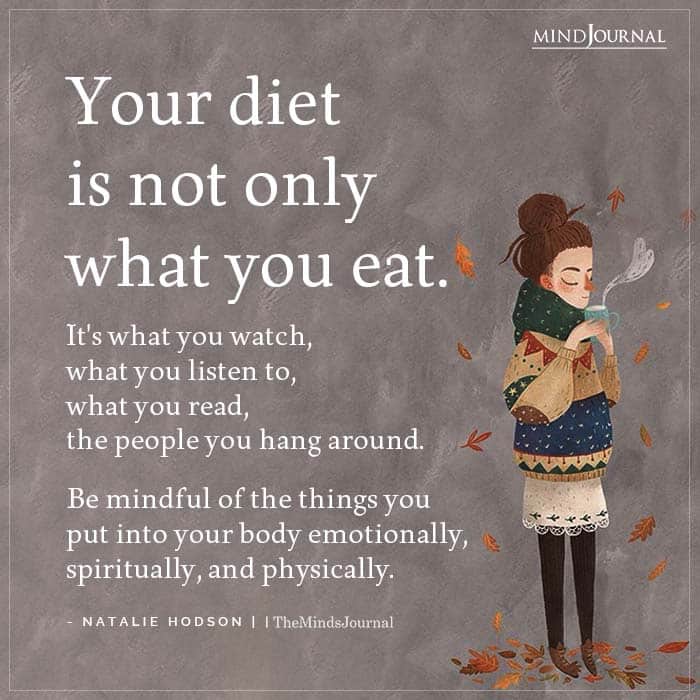Have you ever heard of the benefits of following a Mediterranean lifestyle for better health and wellbeing? And how a Mediterranean diet reduces the risk of death? Well, a recent study seems to agree with this.
As reported by Earth, a recent collaborative study conducted by La Universidad Autónoma de Madrid and Harvard T.H. Chan School of Public Health has shed light on the remarkable health benefits of the Mediterranean lifestyle.
Going beyond its renowned diet, the Mediterranean lifestyle encompasses a range of habits and practices traditionally found in countries bordering the Mediterranean Sea.
The study, published in the esteemed journal Mayo Clinic Proceedings, is unique as it examines the adaptability of the Mediterranean lifestyle and its positive effects on health outside its native region.
The findings suggest that individuals outside of the region can also go about following a Mediterranean diet within their own cultural contexts, yielding a reduced risk of mortality from various causes.
Related: 22 Tips To Keep Your Brain Sharp and Young At Any Age
Research Methodology And Key Findings
To evaluate the health advantages of the Mediterranean lifestyle, the research team analysed data from the UK Biobank cohort, which comprised 110,799 participants aged between 40 and 75 from England, Wales, and Scotland.
The participants’ adherence to the Mediterranean lifestyle was assessed using the Mediterranean Lifestyle (MEDLIFE) index, which encompassed three categories: “Mediterranean food consumption,” “Mediterranean dietary habits,” and “physical activity, rest, and conviviality, and social habits.” Higher scores pointed towards greater adherence to the Mediterranean diet and lifestyle.
After a span of nine years, the researchers reviewed the health outcomes of the participants. The results revealed that individuals with higher adherence to the Mediterranean lifestyle, as measured by the MEDLIFE scores, experienced a significant 29 percent reduced risk of mortality from all causes.
Additionally, they had a 28 percent lower risk of cancer mortality. Notably, the category “physical activity, rest, and social habits and conviviality” from the MEDLIFE index demonstrated particular influence. Adherence to this category was associated not only with the previously mentioned reduced risks but also with a decreased risk of cardiovascular diseases.

The Versatility And Components Of The Mediterranean Lifestyle
The Mediterranean lifestyle encompasses more than just dietary choices; it is a comprehensive approach to living that has been linked to numerous health benefits.
The key components of the Mediterranean lifestyle include:
1. Diet
The Mediterranean diet encourages the consumption of unprocessed and whole foods such as fruits, vegetables, legumes, whole grains, seeds, and nuts. It favours healthy fats, such as olive oil, over saturated fats, and encourages moderate consumption of lean proteins, primarily fish and poultry. Low to moderate amounts of cheese and yogurt are included, and red wine is enjoyed in moderation.
2. Physical Activity
Regular physical activity is an integral part of this lifestyle. Whether through engaging in daily chores, walking, or structured exercise, being active promotes overall well-being.
3. Social Connections
Prioritizing family and community is a fundamental aspect. Communal meals bring families together, and strong social networks are believed to contribute to mental well-being.
Related: 21 Health And Nutrition Myths Backed By Science
4. Rest and Siestas
Taking a short nap or siesta after the mid-day meal is a common practice in many Mediterranean countries. This period of rest is seen as rejuvenating and provides a break from the demands of the day.
5. Connection with Nature
Engaging in gardening, farming, or spending time outdoors fosters a connection with nature, providing both fresh produce and a sense of grounding.
6. Mindful Eating
Meals are savoured and enjoyed without haste, promoting better digestion and an appreciation of the flavours in the food.
7. Lowering Stress Levels
Reducing stress is emphasized in this lifestyle, whether through daily practices, mindfulness techniques, or fostering strong community ties.
Universal Health Benefits And Global Adoption
Numerous studies have consistently linked the Mediterranean lifestyle to a wide range of health benefits. These include reduced risks of heart disease, certain cancers, diabetes, Alzheimer’s disease, and even depression. The combination of a nutrient-rich diet, active living, and strong social connections creates a holistic approach to well-being.
Importantly, this sort of a lifestyle is not limited to those residing in the Mediterranean region. Its principles can be integrated into daily routines anywhere, making it a globally recognized and recommended lifestyle for health and longevity.
The recent study’s findings add to the growing body of evidence supporting the universal applicability of the Mediterranean lifestyle, emphasizing its potential for enhancing health outcomes worldwide.
Related: 6 Ways Your Diet Contributes To Your Mental Health
With its emphasis on whole foods, physical activity, social connections, rest, mindful eating, and stress reduction, this lifestyle offers a blueprint for individuals worldwide to embrace a healthier and more fulfilling way of life, promoting longevity and well-being for all.









Leave a Reply
You must be logged in to post a comment.